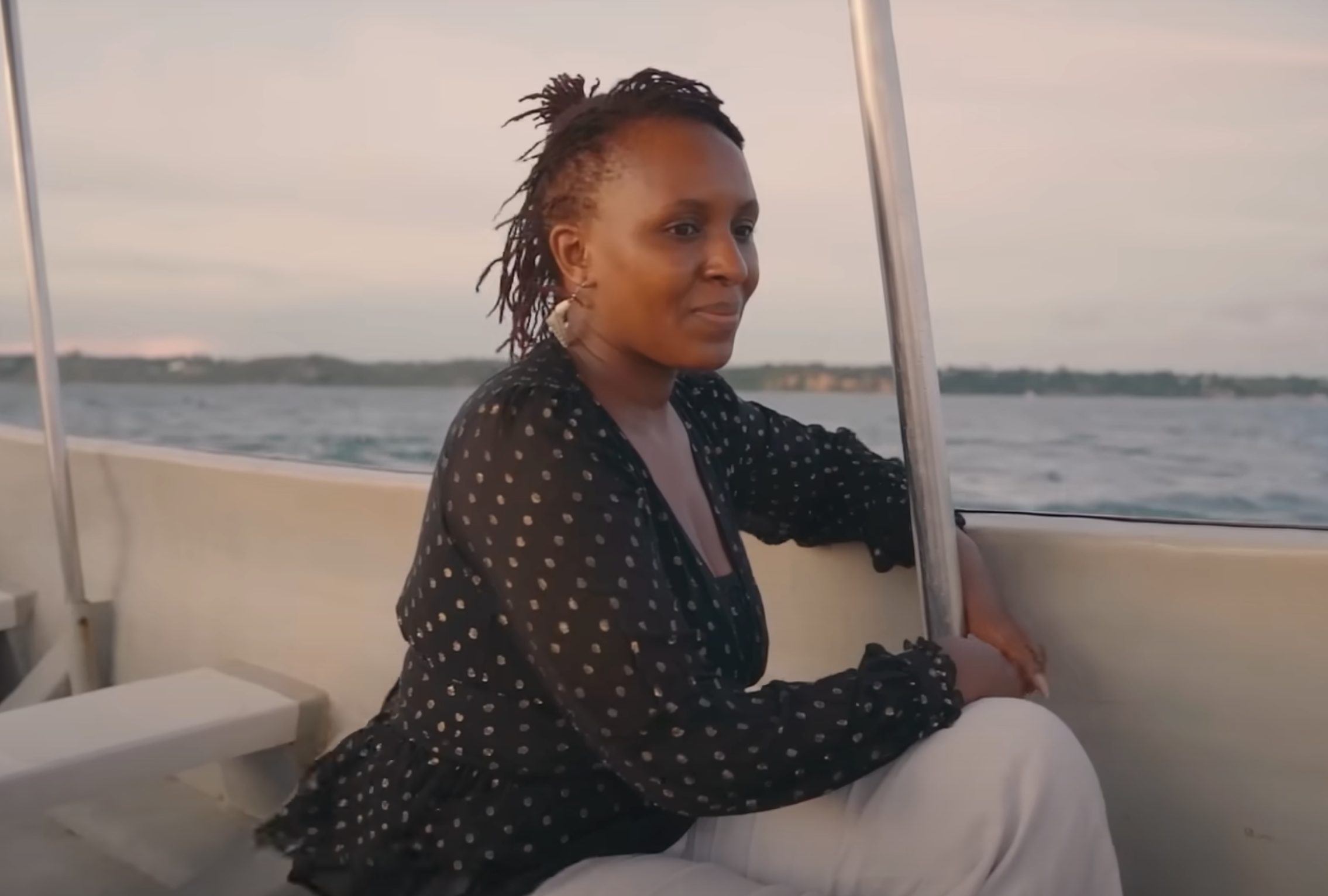In the vast, interconnected tapestry of our planet, every thread plays a vital role. From the smallest plankton to the largest whales, each organism contributes to the delicate balance of our ecosystems. Yet, human activities often disrupt this harmony, leading to consequences that ripple across the globe. In East Africa, a region blessed with breathtaking coastlines and rich biodiversity, these challenges are particularly acute. But amidst the struggles, there are heroes. People like Winket, a remarkable botanist who is more than just a scientist – she’s a dedicated coastal defender, tirelessly working to restore the balance of East Africa’s fragile ecosystems.
The Imperiled Coastline: Understanding the Threats to East Africa’s Marine Life
East Africa’s coastline is a vibrant mosaic of life, home to an astonishing array of marine species and critical habitats. From sprawling mangrove forests to vibrant coral reefs and teeming fishing grounds, these ecosystems provide sustenance, livelihoods, and protection for millions. However, this natural wealth is under immense pressure.
Mangrove Deforestation: A Silent Crisis Unfolding
Mangroves, often called the “rainforests of the sea,” are vital coastal ecosystems. These unique trees thrive in saltwater, forming dense, impenetrable forests that act as natural barriers against storms, prevent coastal erosion, and serve as crucial breeding grounds and nurseries for a multitude of marine life. They are also powerful carbon sinks, absorbing significant amounts of atmospheric carbon dioxide, playing a vital role in mitigating climate change.
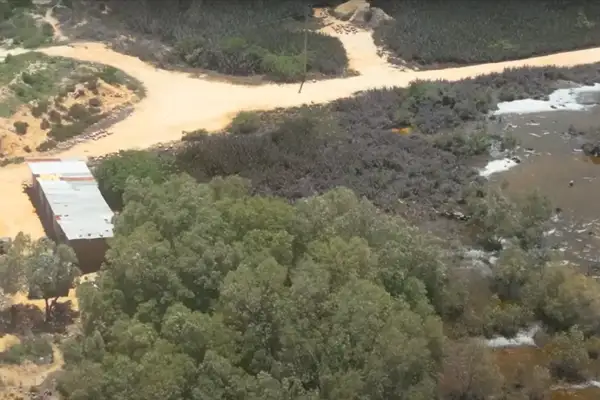
Unfortunately, mangrove forests across East Africa are disappearing at an alarming rate. Human activities, driven by a desperate need for resources, are the primary culprits. Conversion of mangrove areas for aquaculture (shrimp farming, in particular), urban development, charcoal production, and agricultural expansion are all contributing to this silent crisis. The loss of mangroves has devastating consequences: increased coastal erosion, diminished fish stocks, reduced biodiversity, and a decrease in natural protection against extreme weather events.
The Scourge of Illegal Fishing: Emptying the Seas
Beyond the shores, the ocean faces its own set of challenges, with illegal, unreported, and unregulated (IUU) fishing being one of the most destructive. IUU fishing depletes fish stocks at unsustainable rates, damages marine habitats through destructive fishing practices (like dynamite fishing and bottom trawling), and undermines the livelihoods of legitimate fishers. In East Africa, where many coastal communities rely heavily on fishing for their survival, IUU fishing exacerbates poverty and food insecurity. It also disrupts the delicate marine food web, potentially leading to cascading effects that can decimate entire ecosystems.
Winket’s Vision: Science-Driven Solutions for Coastal Resilience
Winket isn’t just observing these problems; she’s actively fighting them. Her work is a powerful testament to the impact one individual can have when armed with scientific knowledge, unwavering dedication, and a deep love for the natural world.
Replanting Hope: The Power of Mangrove Restoration
At the heart of Winket’s efforts is the ambitious and vital work of mangrove restoration. This isn’t just about planting a few saplings; it’s a meticulously planned and executed process that requires a deep understanding of mangrove ecology, soil conditions, and tidal patterns. Winket and her teams identify degraded mangrove areas, prepare the land, and carefully plant thousands of mangrove propagules (seedlings).
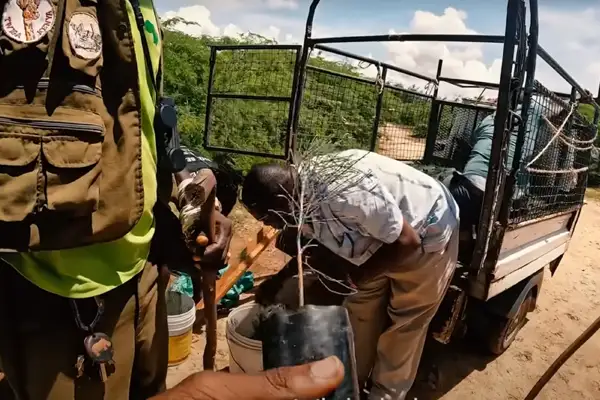
This restoration work brings a multitude of benefits. As the young mangroves grow, they stabilize the coastline, reducing erosion and protecting communities from storm surges. They create new habitats for fish, crabs, and birds, leading to a resurgence of biodiversity. Critically, these newly established forests begin to sequester carbon, contributing to the global fight against climate change. Winket often emphasizes that mangrove restoration is not just an environmental endeavor; it’s a community development project, empowering local populations to become stewards of their own environment.
Combating Illegal Fishing: A Multi-Pronged Approach
Tackling illegal fishing requires a comprehensive strategy, and Winket is at the forefront of advocating for and implementing such approaches. Her work involves:
- Community Engagement and Education: Winket understands that sustainable solutions begin with awareness. She works tirelessly to educate local fishing communities about the long-term impacts of unsustainable fishing practices and the importance of adhering to regulations. This often involves workshops, community meetings, and developing educational materials tailored to local contexts.
- Promoting Sustainable Fishing Practices: Instead of simply prohibiting certain activities, Winket champions alternative, sustainable fishing methods. This includes promoting selective fishing gear that minimizes bycatch, advocating for marine protected areas where fish populations can recover, and supporting initiatives that provide economic alternatives to destructive practices.
- Data Collection and Advocacy: To effectively combat illegal fishing, accurate data is essential. Winket and her team collect data on fish stocks, fishing effort, and the prevalence of illegal activities. This scientific evidence is then used to inform policy discussions, advocate for stronger enforcement mechanisms, and highlight the urgent need for greater protection of marine resources. Her research often provides crucial insights that help local authorities and policymakers make informed decisions.
Inspiring the Next Generation: Science as a Tool for Change
Winket’s influence extends far beyond the immediate impact of her restoration and advocacy work. One of her most powerful contributions is her ability to inspire. She understands that the future of East Africa’s ecosystems rests with the next generation.
- Mentoring Young Scientists and Activists: Winket actively engages with young people, sharing her passion for science and conservation. She mentors aspiring botanists, marine biologists, and environmental activists, providing them with hands-on experience in the field and instilling in them the values of scientific rigor and environmental stewardship. She believes in empowering local communities to be part of the solution, fostering a sense of ownership and responsibility for their natural heritage.
- Making Science Accessible and Engaging: Winket has a unique ability to translate complex scientific concepts into understandable and engaging language. She demonstrates that science isn’t just confined to laboratories; it’s a powerful tool for understanding our world and solving real-world problems. By showcasing the practical applications of botany and marine biology, she demystifies these fields and encourages young people to pursue careers in environmental science.
- Connecting with Communities Through Storytelling: Winket often uses storytelling to convey the importance of her work. She shares tales of the struggles and triumphs of coastal communities, the beauty of the marine environment, and the tangible positive impacts of conservation efforts. This humanizes the scientific endeavors and creates a deeper emotional connection to the cause, inspiring action and fostering a sense of collective responsibility.
Beyond the Lab: The Holistic Approach to Conservation
Winket’s approach to conservation is refreshingly holistic. She recognizes that environmental problems are often intertwined with socio-economic issues. Therefore, her work is not just about protecting ecosystems; it’s about improving livelihoods and building resilient communities.
- Empowering Women in Conservation: In many parts of East Africa, women play a crucial role in managing natural resources, yet their voices are often marginalized. Winket actively champions the involvement of women in conservation initiatives, recognizing their unique knowledge and perspectives. By empowering women through training, leadership roles, and economic opportunities, she amplifies their impact and strengthens community-led conservation efforts.
- Building Local Capacity: Sustainable conservation requires local ownership and leadership. Winket focuses on building the capacity of local communities to manage their own resources effectively. This involves training community members in mangrove planting techniques, sustainable fishing practices, and monitoring environmental health. By equipping communities with the knowledge and skills they need, she ensures that conservation efforts are self-sustaining and continue long after her direct involvement.
- Collaborating for Greater Impact: Winket understands that no single individual or organization can solve the complex environmental challenges facing East Africa. She actively seeks out partnerships with local NGOs, government agencies, research institutions, and international organizations. By fostering collaboration and sharing knowledge, she maximizes the impact of her work and creates a broader network of support for conservation initiatives.
The Future of East Africa’s Coastline: A Call to Action
Winket’s journey is a powerful reminder that while the challenges facing our planet are immense, so too is the capacity for human ingenuity, dedication, and compassion. Her unwavering commitment to restoring ecosystem balance in East Africa offers a beacon of hope for a more sustainable future. Her work demonstrates that by combining scientific knowledge with community engagement and a deep respect for nature, we can make a tangible difference.
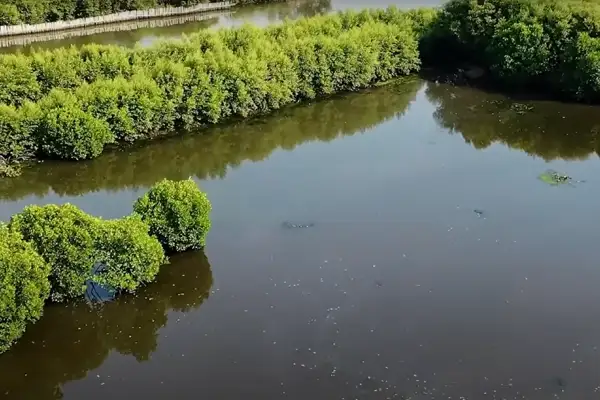
The fight for East Africa’s fragile ecosystems is ongoing, and it requires the collective effort of individuals, communities, and governments. Winket’s story is an invitation to join this crucial battle. It’s a call to understand the interconnectedness of our world, to appreciate the vital role of every species, and to recognize the profound impact that dedicated individuals can have.
Watch the embedded video below to delve deeper into Winket’s fight for East Africa’s coastal ecosystems. See firsthand the passion, dedication, and scientific expertise that are driving real change in the region.
